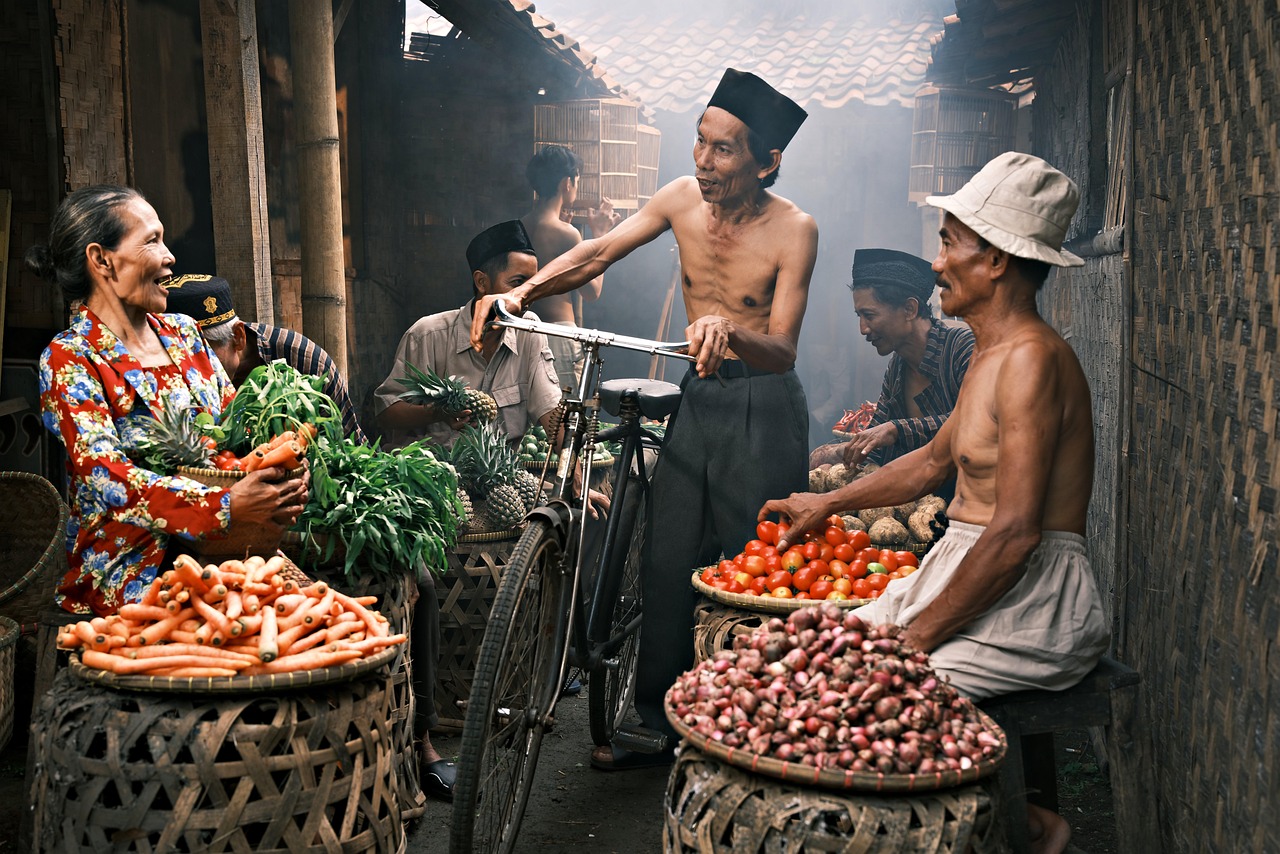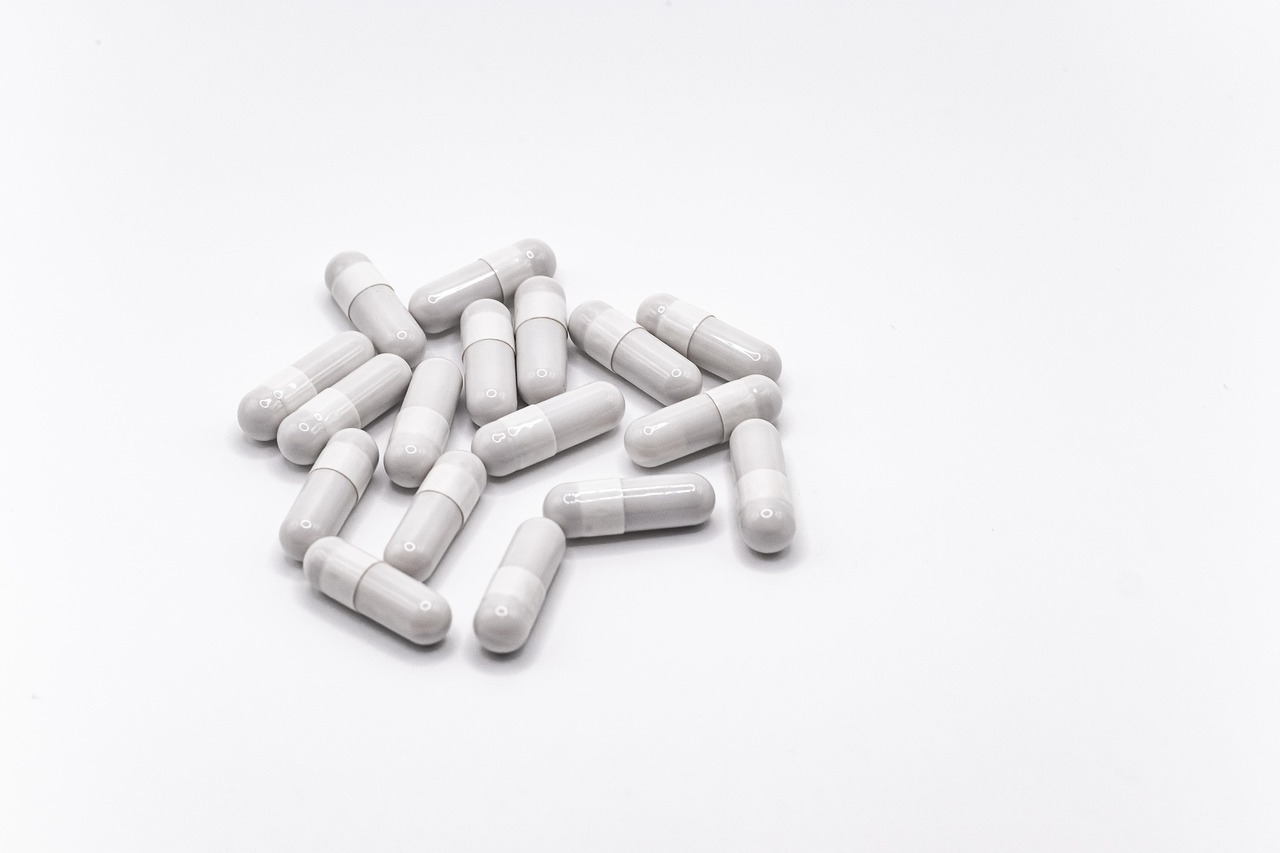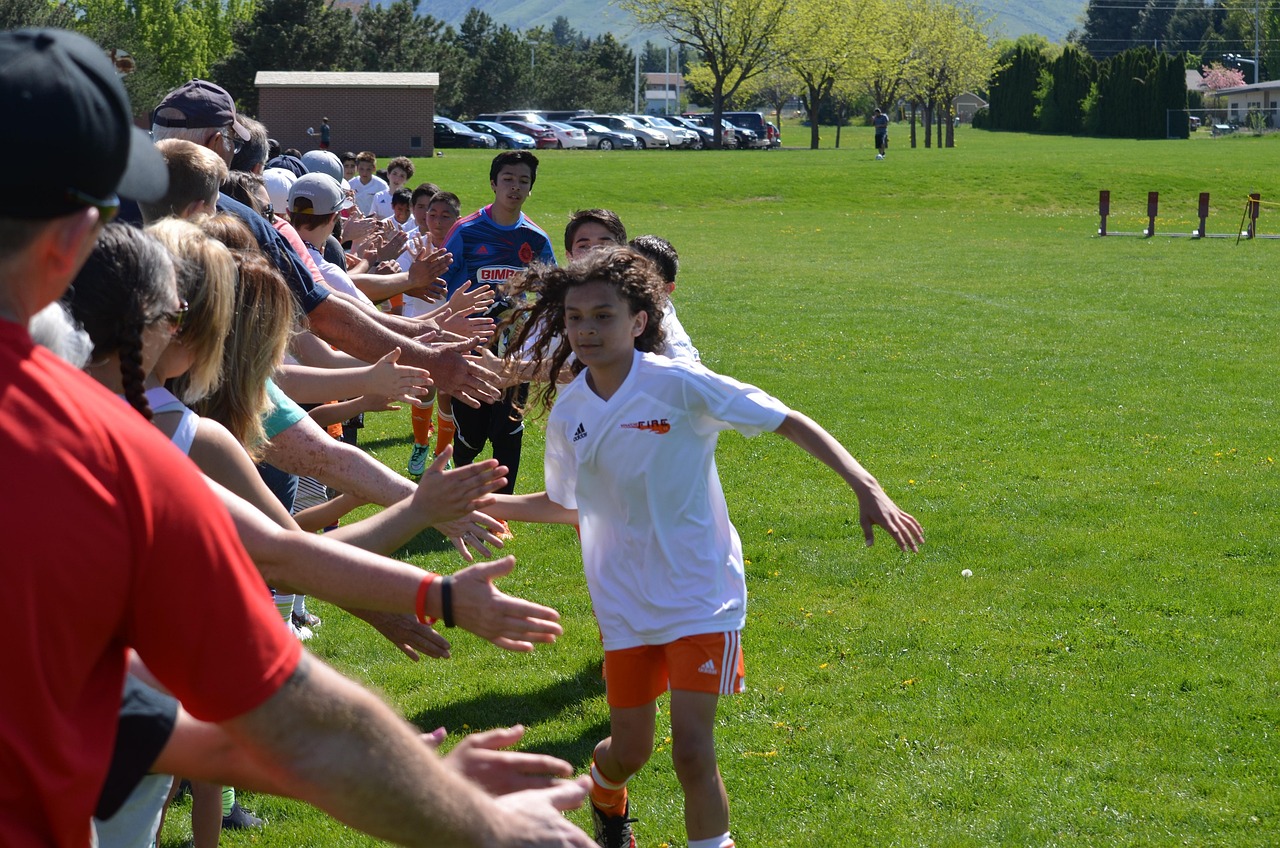
Why Food Prices Just Keep Going Up
Look, if you’ve been to the grocery store lately, you know things are getting downright ridiculous. Food prices aren’t just inching up—they’ve been climbing for months now, and not by a little bit. We’re talking about a 4.9% jump just in the past year for everyday stuff like instant coffee, beef, and fruit juice. Over the last five years, food prices have shot up about 37%.
That’s not a typo—37%.
For comparison, the previous five-year stretch saw only about a 5% rise. So what’s really going on here?
First off, blame the weather—yeah, Mother Nature is playing hardball. The UK’s been hit by a nasty drought this year, slashing crop yields and driving up wholesale prices worldwide. When crops fail, farmers have less supply to sell, so prices shoot up.
One organic farmer near Manchester, Lewis Clare, said this year’s been “incredibly dry” with terrible yields, and he’s bracing for prices to climb even more. Drought’s not just a British problem either; extreme weather in places like Brazil and Africa has pushed up prices for coffee beans and cocoa, which trickle down to your local supermarket shelves.
Then throw in global chaos—hello, Ukraine war. That conflict has seriously messed with supply chains for everything from grains to fertilizers. Farmers are on the front lines dealing with these shocks, and it’s taking months for those costs to hit your wallet.
And if that wasn’t enough, businesses have to deal with rising wages thanks to minimum wage hikes and higher employer taxes, making labor more expensive. Jane Matthews, the operations director at the Ice Cream Farm in Cheshire, put it perfectly: they’re “being squeezed on all corners.”
Yet, prices have to go up somewhere because customers’ budgets aren’t exactly booming right now. People are cutting back on fast food and casual dining, opting for smaller treats like a coffee here or a chocolate bar there.
Matthews has even noticed more families bringing picnics and just supplementing with chips or ice cream from them.
Smart move, but it’s a sign everyone’s tightening their belts. And let’s get real—this hurts low-income families the hardest. They spend a bigger chunk of their income on food and often can’t switch to cheaper brands because they’re already buying the cheapest stuff.
But don’t think high earners are immune either. Inflation’s a sneaky beast that makes everything cost more, from groceries to mortgages to car payments.
Everyone’s got to start asking tough questions about where their money is going. The Bank of England expects food inflation to peak around 5.5% by the end of this year before cooling down a bit in
2026. But until then, expect sticker shock at every aisle. And with the autumn Budget and more interest rate decisions looming, these food prices aren’t just a dinner table gripe—they’re shaping the whole economy. ## How Superfood Could Save the Bees and Our Food.
Now, here’s a curveball that actually might save your dinner someday: scientists have developed a honeybee “superfood” that could help these vital pollinators survive climate chaos and habitat loss.
Why should you care?
Because bees handle pollination for about 70% of the world’s major crops. No bees, no berries, almonds, or apples on your plate. The problem is, honeybee populations are tanking worldwide. In the US, colony losses have been hitting 40-50% annually for a decade.
UK beekeepers like Nick Mensikov in South Wales have seen massive die-offs, losing up to 75% of colonies over last winter, even when hives were stocked with food. The bees just vanish. Talk about a mystery—and a disaster in the making. Bees need specific nutrients found in pollen and nectar to thrive, including sterols—some crucial but rare lipids.
But the supplemental bee food beekeepers have been giving them is basically sugar and protein powder, missing those vital nutrients. That’s like feeding us only sugar and flour and expecting us to run a marathon. Professor Geraldine Wright and her team at Oxford have been cracking this nut for 15 years. They finally engineered a yeast that produces the six exact sterols bees need.
This “superfood” fed to bee colonies showed jaw-dropping results: up to 15 times more baby bees survived to adulthood. That’s huge because healthier bees mean stronger hives and better pollination. This breakthrough couldn’t come at a better time.
Summers lately have been weird—early blooms that don’t last, leaving bees starving before winter hits. The more months without enough pollen, the more stress on colonies and the bigger the winter die-offs. This supplement could keep bees healthier through those dry spells and patchy flowering seasons. They still need to test this on a larger scale, but it could hit the market in a couple of years. Fingers crossed, because without these little guys, your garden and your grocery store look a lot less colorful.
When Tragedy Hits Close to Home
Switching gears, but staying local, here’s a sobering reminder of how tough life can be in communities across the UK. Just yesterday, Shazad Khan—the “ice cream man” known and loved in Wembley—was fatally stabbed. He was only
41. The kind of guy kids would get excited to see rolling down the street with his van and his giant teddy bear on board. People around Monks Park are still reeling. Neighbors remembered him as a childhood friend, involved in local sports, a small-business guy trying to make it. The police have arrested two suspects, but folks are understandably shaken.
The local community’s worried, but police say there’s no wider threat. Still, an incident like this hits hard. It’s a reminder that while we’re all battling with rising prices and climate challenges, there’s also a need to keep neighborhoods safe and connected. Losing someone who was a fixture in the community over something violent like this?
It’s heartbreaking and infuriating.
The Bottom Line
So yeah, the cost of food keeps climbing, and it’s touching everyone—from farmers battling droughts to families watching their budgets shrink.
Meanwhile, bees, the unsung heroes of our food system, are struggling to survive, but science might just have an ace up its sleeve. And in places like Wembley, real human stories—both heartbreaking and hopeful—are unfolding against this backdrop. It’s a tangled story of climate, economy, science, and society all crashing together.
But if you ask me, paying attention to where your food comes from, supporting local businesses, and hoping for breakthroughs like that bee superfood?
That’s the whole nine yards to keeping your plate full and your community strong. Stay tuned, because these stories aren’t going anywhere.




qkhlklmukxszkmufhetuutkusshxms
ax18iu